When it comes to LPS corals, it is better to know something about corals in saltwater aquariums. Generally, corals are comprised of hard corals and soft corals. While hard corals include LPS and SPS. In today’s article, we will walk you through the LPS corals for beginners. So let’s get started right away.
Content Table
What is LPS Coral
LPS corals refer to large polyp stony corals, which possess calcium carbonate skeletons and large fleshy polyps. They are easy to keep and have brilliant as well as diverse colors. Consequently, LPS corals are an excellent alternative for beginners and skilled aquarists. However, they are aggressive sometimes. The corals have sweeper tentacles, which enable them to attack other corals nearby. Furthermore, LPS corals can grow well as long as there are ideal water parameters, light, and water flow levels in your tank.
LPS Coral types
Actually, there are a surprising amount of LPS corals types. To better understand the LPS corals, we will list some of them in this segment.
- Acanthastrea (e.g. Acan corals)
- Alveopora
- Blastomussa
- Catalaphyllia (e.g. Elegance corals)
- Caulastrea (e.g. Candy cane corals and Trumpet corals)
- Cynarina
- Euphyllia (e.g. Hammer, Torch, Frogspawn corals)
- Duncanopsammia (e.g. Duncan corals)
- Fungia (e.g. Disk corals)
- Goniopora
- Goniastrea
- Physogyra (e,g. Bubble corals)
- Lobophyllia (e.g. Lobed brain corals and Open brain corals)
- Favia
- Favites (e.g. Brain corals)
- Galaxea (e.g. Galaxy corals)
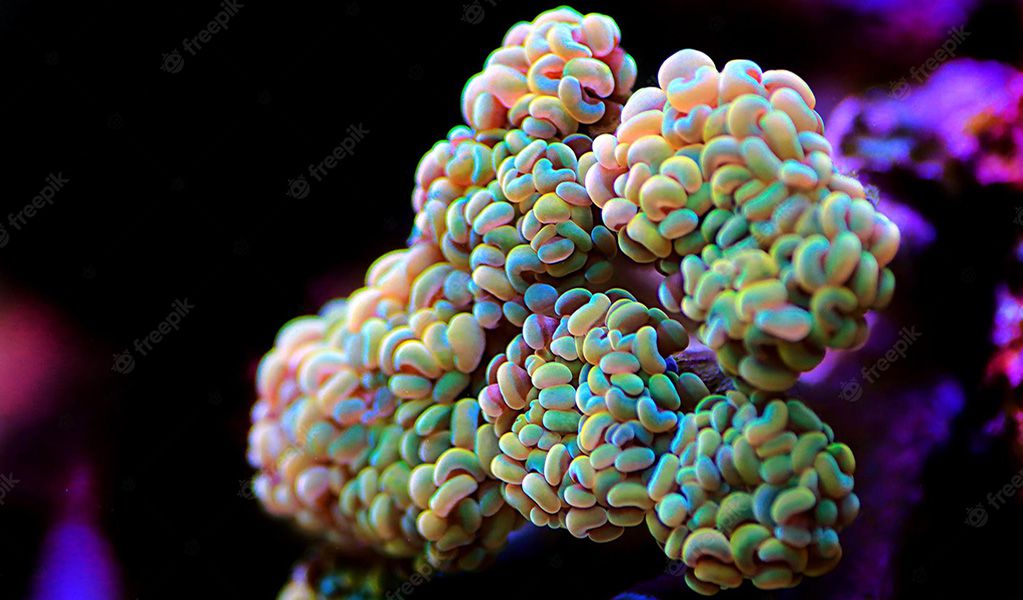
The easiest LPS Corals for beginners
After knowing some types of LPS corals, let’s get into a deeper learning of some easiest LPS corals for beginners. If you want to keep corals in your saltwater aquarium, the followings are excellent options.
Bubble corals
Usually, bubble corals have white, green, pink, or purple shades. And they are fragile and may be damaged by strong water flow. Also, it is better to place the bubble corals into the substrate, which would be helpful to anchor them.
|
Size |
1-4 inches |
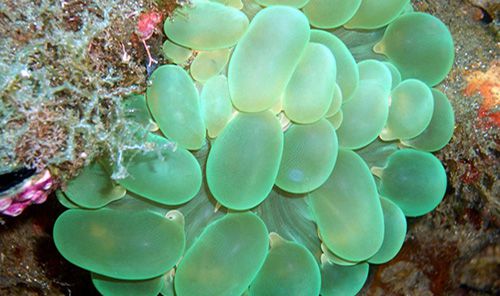 |
|
Light requirement |
medium light/9-12 hours per day |
|
|
Water flow requirement |
low-medium |
|
|
Placement in an aquarium |
bottom-middle |
Hammer corals
Hammer corals always come in brown, green, or other colors. Also, there are yellow or green tips on the end of their tentacles, which will glow under light. Nevertheless, hammer corals can be aggressive. Hence, you should provide adequate space for them.
|
Size |
6-7 inches |
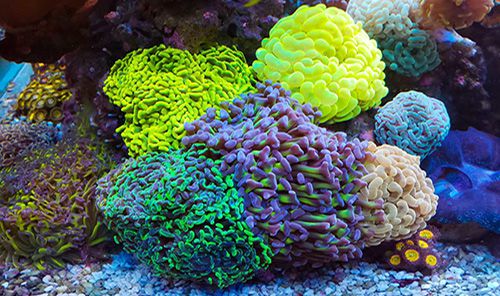 |
|
Light requirement |
medium light/8-10 hours |
|
|
Water flow requirement |
medium |
|
|
Placement in an aquarium |
bottom-middle |
Candy cane corals
For the strips on the corals, candy cane corals are also called bullseye corals. Besides, the corals have two varieties, including dome and branching. Featuring green center and brown polyps, candy cane corals also come in blue, yellow, or other colors. In addition, candy cane corals need less maintenance, which can be a perfect alternative for beginners.
|
Size |
about 6 inches |
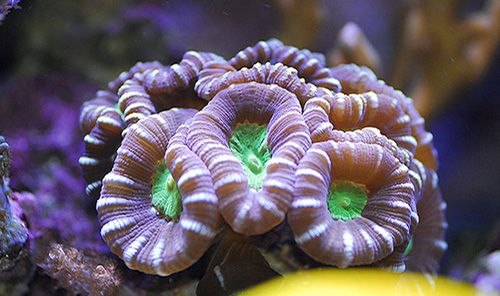 |
|
Light requirement |
low-medium/10-12 hours |
|
|
Water flow requirement |
low-medium |
|
|
Placement in an aquarium |
anywhere in an aquarium |
LPS Corals cares
LPS corals are easy to keep, but you should make sure ideal living environment for them. Otherwise, they may not grow as you imagine. In this part, we will share some tips for LPS corals maintenance.
Water parameter requirements
Before we get into the details of other requirements, let’s take a quick look at the water parameter requirements for keeping LPS corals in aquariums.
- Water temperature: 73-84℉ (23-29℃)
- pH level: 8.1-8.5
- Water hardness: 8-12 dKH
- Calcium level: 380-450 ppm
- Magnesium level: 1300-1400 ppm
- Ammonia level: 0 ppm
- Nitrite level: 0 ppm
- Nitrate level: less than 10 ppm
Light requirements
Generally, LPS corals can grow well in low to medium-light environments. Add an aquarium light and make sure the PAR value is within 50-150. Also, it is best to keep the light on for 9-12 hours. However, all we mentioned here are just ordinary needs. Therefore, it is better to search online or ask professionals for the requirements of the corals you keep.
Water flow requirements
LPS corals fancy medium flow rate, which should be 20 times turn over per hour. By the way, you can learn more about types of water pumps in 3 Types of Water Pumps for Aquarium Tanks. Exactly, you can choose a suitable water pump according to your tank size.
Diet requirements
The zooxanthellae inside LPS corals can convert light into a food source. Nonetheless, additional feeding is needed. You can feed phytoplankton, shrimps, small fish, liquid food, and pellets or flakes rich in protein. Also, you should supplement trace elements, like calcium and magnesium. Additionally, it would help if you fed the LPS coral 1–2 times each week.
What are the favorite LPS corals in your tank? Feel free to share it in the comment here.
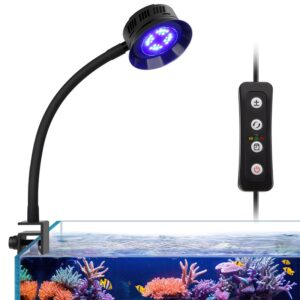
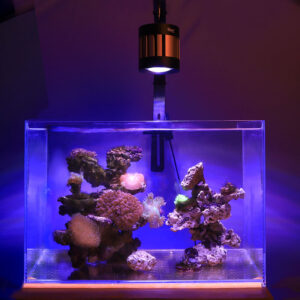
Leave a comment